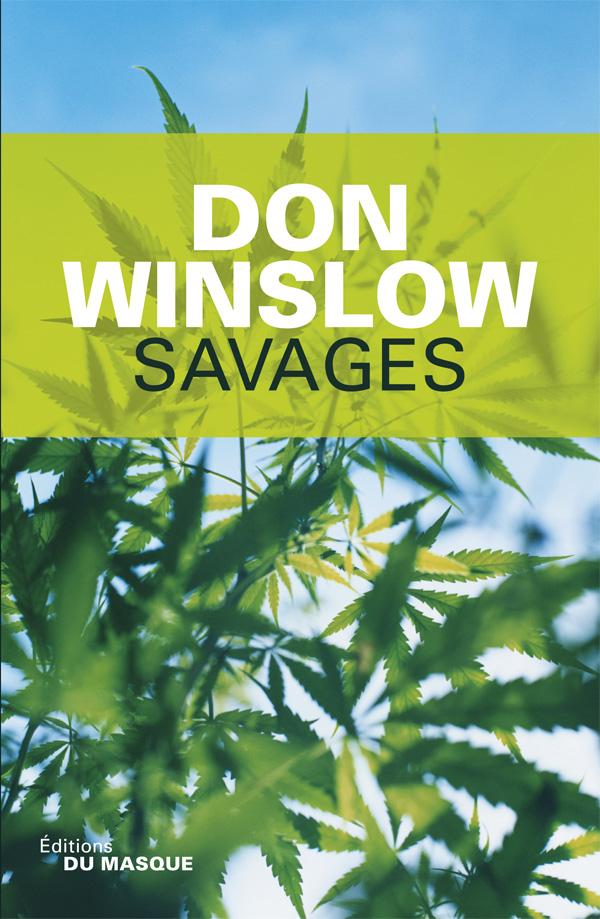


It’s most evident in “The Last Ride,” the book’s final novella, which boils with grief and rage over the United States’ policy of separating immigrant children from their parents in detention camps. The feeling of brokenness is palpable here, and it’s a big part of the author’s sensibility when he isn’t being clever.

In “Sunset,” dedicated to Raymond Chandler, the obligatory Los Angeles nostalgia and long goodbyes involve a wasted onetime surfer god, the private investigator Boone Daniels and Winslow’s wave-riding Dawn Patrol, who first appeared together in the 2008 novel that bore their name. Some of the other stories here resurrect the author’s best-known characters. Lou Lubesnick shows up at the zoo to do damage control, and it’s a safe bet that the Monkey Man will become a recurring Winslow character too. Through a quick series of mounting mishaps, which honor Leonard’s adage about leaving out the boring parts, Shea falls out of a tree, becomes a YouTube sensation and gets stuck with the nickname Monkey Man. The armed primate in question has escaped from the zoo, and a patrol cop named Shea is called to the scene. Elmore Leonard” - although even Leonard himself rarely wrote anything as riotous as the opening sequence here, which proceeds from a priceless first line: “No one knows how the chimp got the revolver.” The other showstopper in the collection is “The San Diego Zoo,” dedicated to “Mr. (“There’s a word for a man who believes in coincidence,” reads one: “the defendant.”) The characters include a debonair jewel thief who cruises the highway in lovingly described American cars, and Detective Lou Lubesnick, who will clearly be a Winslow keeper. Route 101) and from the idea of an introductory academic course, in keeping with the maxims that Winslow studs throughout.

The piece takes its title both from the Pacific Coast Highway (U.S. It certainly captures Winslow’s stature as a writer from whom others can learn the ropes. Steve McQueen,” and that lives up to that level of cool. A better title might have come from the next one, “Crime 101” - an elegantly choreographed pas de deux that is dedicated to “Mr. It’s called “Broken,” after the first (and weakest) story in the bunch. Winslow has now delivered a collection of six novellas that show off his range. The reply: “Replaced by a newer, faster, easier technology.” “Whatever happened to morality?” Winslow had a character in “Savages” ask. His bravura Cartel trilogy, with its 40-year wingspan and brutally detailed knowledge of Mexican drug gangs, isn’t much like his darkly hilarious “Savages,” which itself barely shows how deeply his early books were rooted in California’s surf culture. If you’ve read only a few of Don Winslow’s books, you may not realize what a shape-shifter he is.


 0 kommentar(er)
0 kommentar(er)
